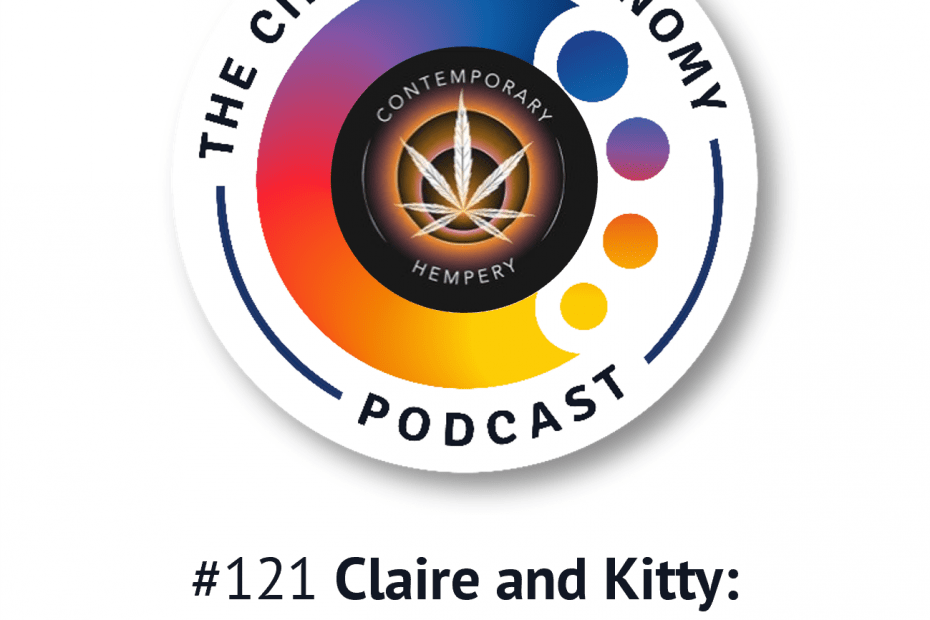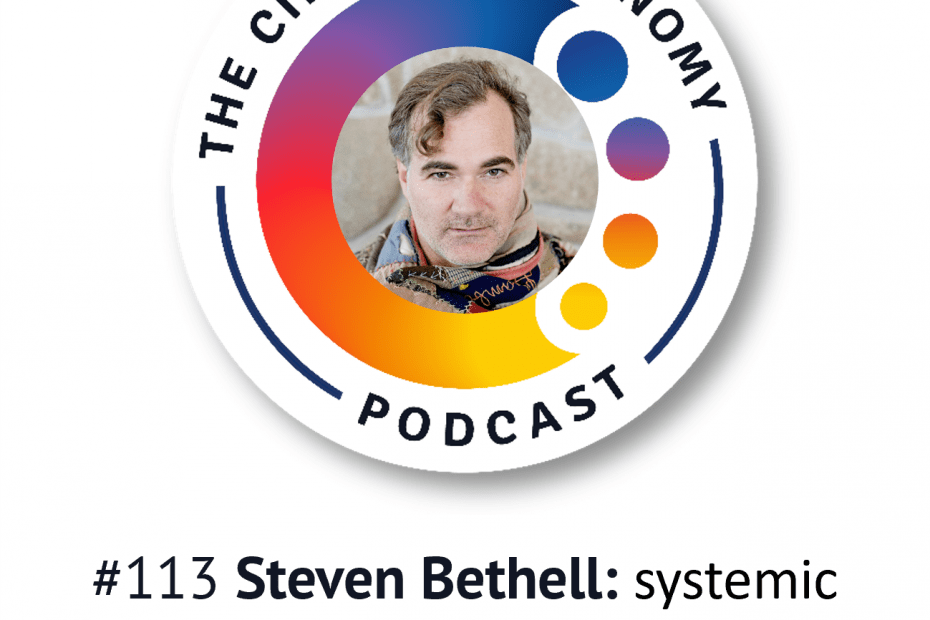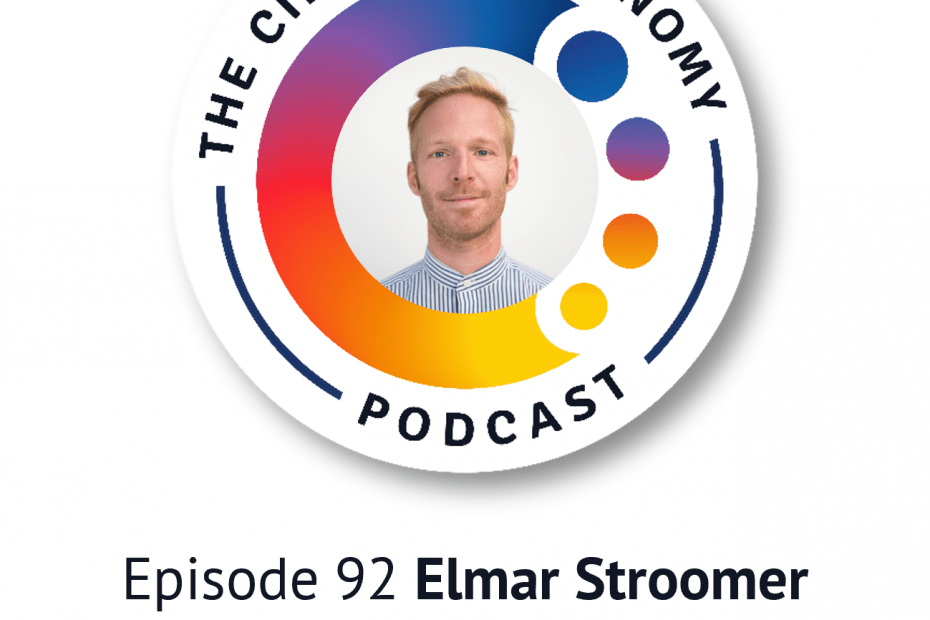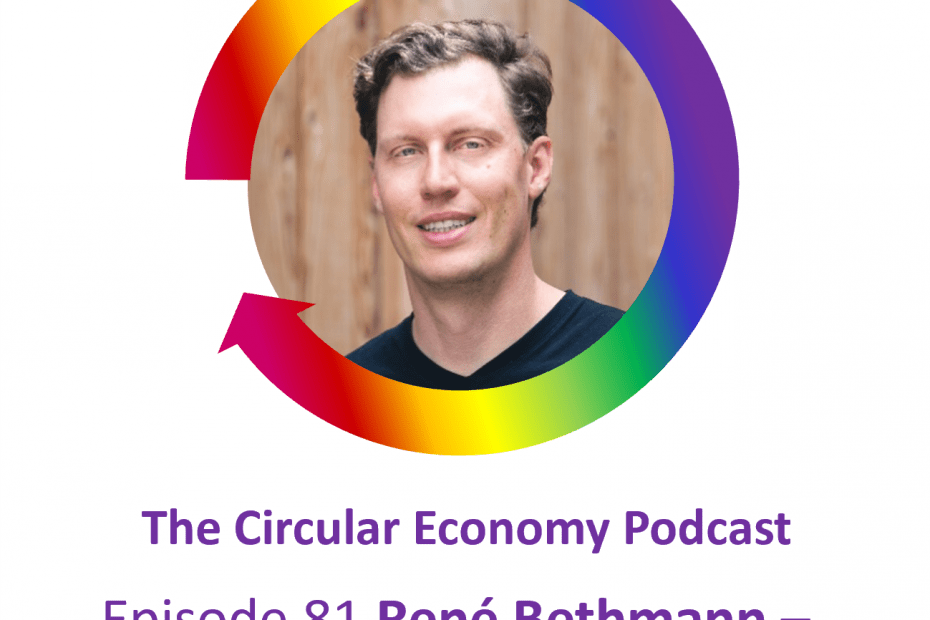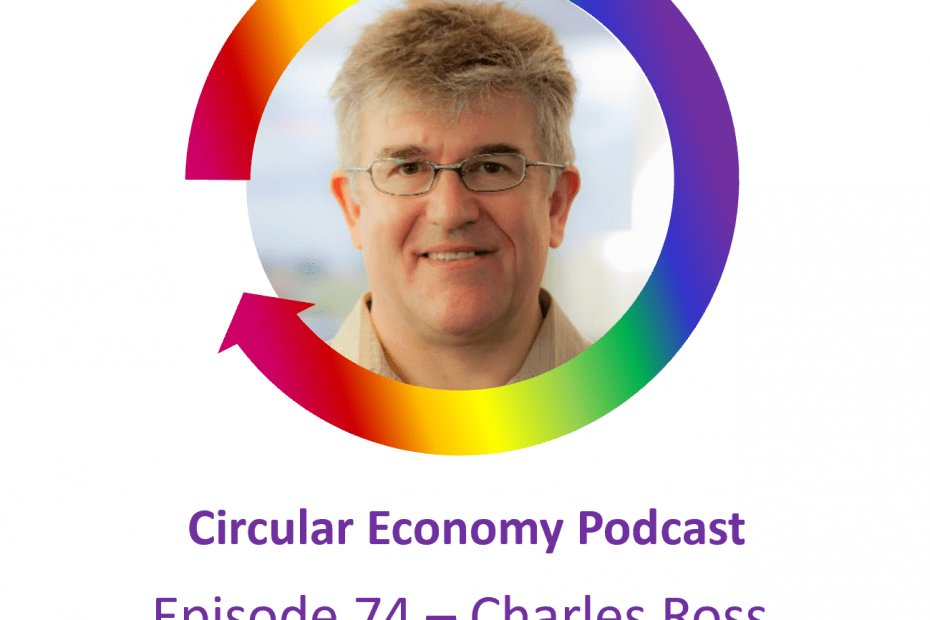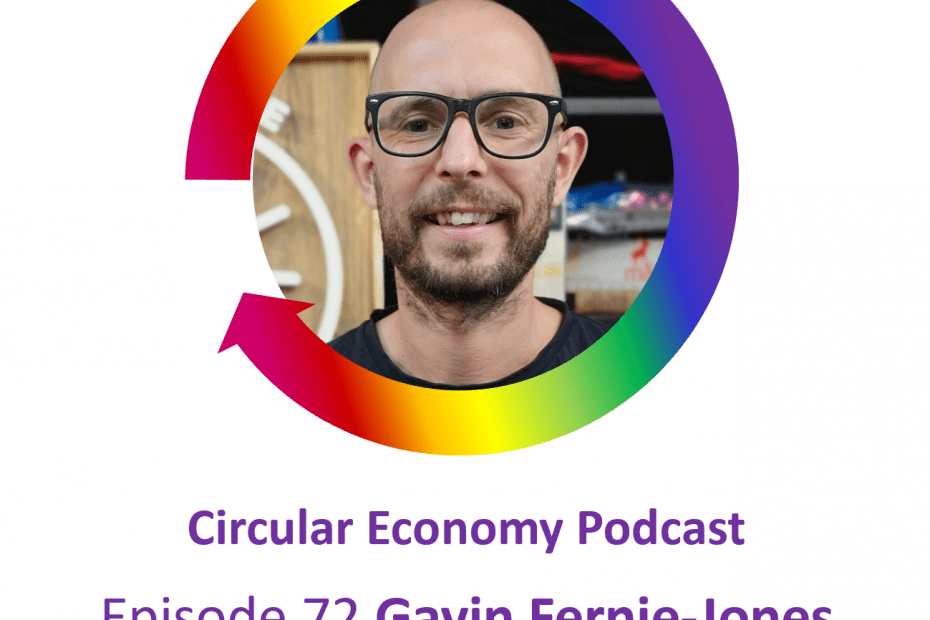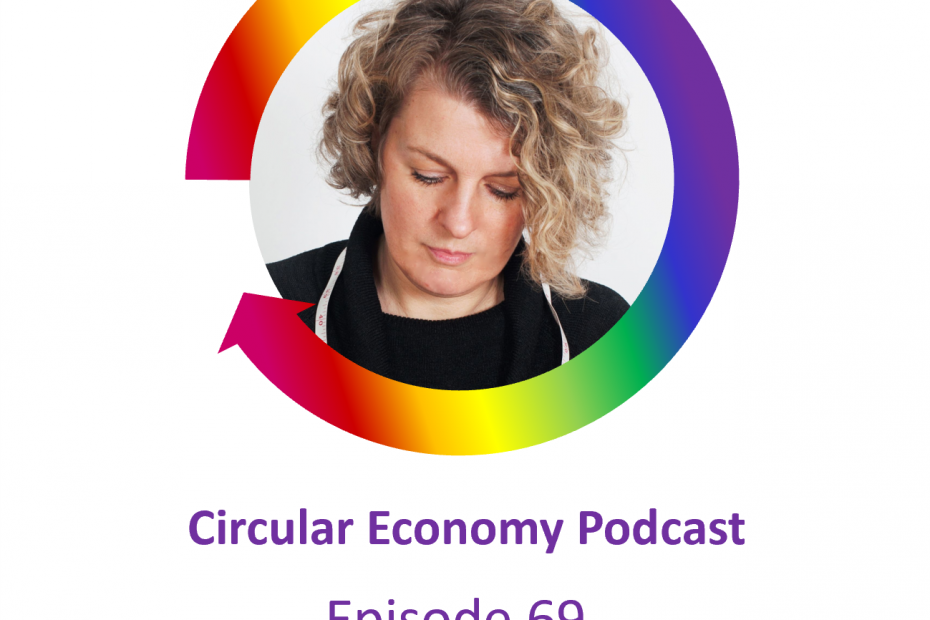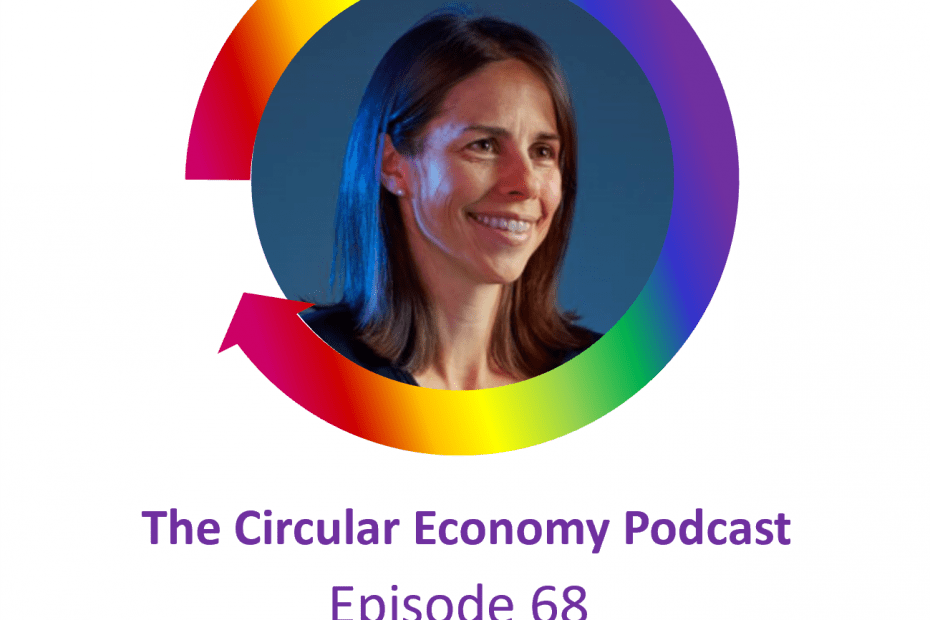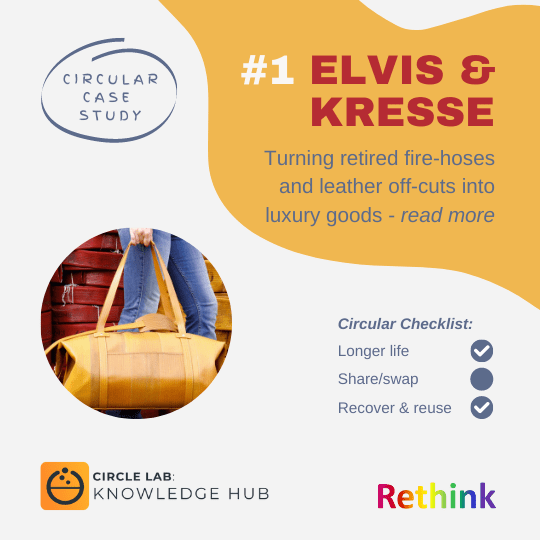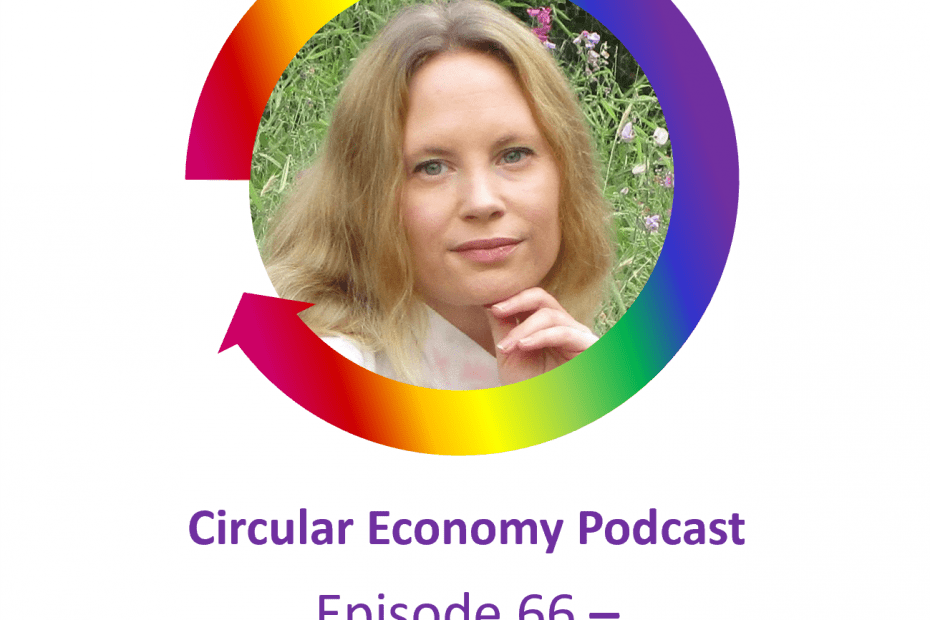121 Claire O’Sullivan and Kitty Wilson Brown: Contemporary Hempery
Claire O’Sullivan and Kitty Wilson Brown are two inspiring people who are passionate about the properties and potential of hemp, especially for textiles. Their journey together led them to found a UK business, Contemporary Hempery. Hemp has amazing potential, for a wide range of products, and it’s brilliant for regenerative farming practices – so why aren’t we doing more with it? It’s useful as a textile, in construction, in food and personal care products, and as an alternative to plastic. But although cultivation is increasing and being encouraged by the European Union, elsewhere it’s a different picture.
Kitty and Claire outline some of the uses of hemp across different sectors, about the little-known history of hemp growing in the UK, and some of the ways it was used – many of them absolutely essential to our industrial evolution. We’ll also hear about some of the current issues, in terms of hemp production and processing.
Kitty and Claire also share the story of how they came together, the amazing coincidences that sparked their interest and what drove them to start Contemporary Hempery, to embark on this long and complex journey to rescue hemp for regenerative, contemporary textiles.
